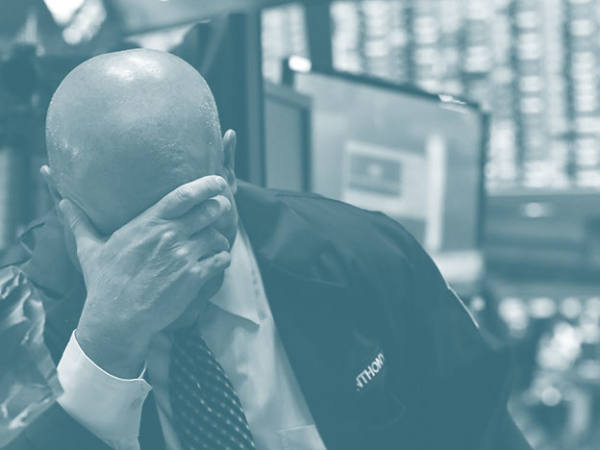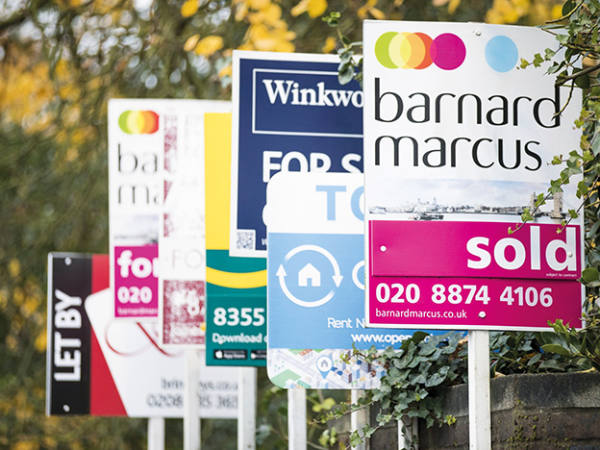The effect of the Retail Distribution Review (RDR) is that post-2013 customers are paying their independent financial adviser (IFA), in a direct fee structure, at least £1,500 a year to receive tailored advice.
One per cent will cost you £37,500 over 25 years, even if your investment doesn't grow. But how many investors realise that 1 per cent of a £150,000 portfolio that has decent investment returns will cost you £225,577 over the next 25 years? Surely that's incentive enough to get the required investment education and discipline yourself?
Taking financial advice at 1 per cent on a £150,000 portfolio that grows at 7 per cent a year could mean you end up with £633,135, rather than £858,812, a difference of 26 per cent.
And what exactly are you getting for this huge sum of money?
On the face of it, the list of services that IFAs provide for their clients is long. Many sell their services with an emphasis on financial planning. They help you set goals, give you financial counselling, set up a financial plan, assess your risk profile, do tax planning and review your plan every year.
But if you drill down into what these mean, you may find that they use a tool to assess your risk, usually provided by a third party. This might be a question of helping you pick one of eight different risk profiles.
Setting a goal will mean they ask you what your required retirement income is versus your desired income. These aren't difficult figures to calculate yourself if you really put your mind to it.
'Tax planning' in most cases will come down to telling you to invest regularly in an individual savings account (Isa) or a self-invested personal pension (Sipp). Tax planning that is worth paying for should be more than 'use Isas and Sipps'. Any fool can get that information from the internet.
A service often not on the list, however, is investment management. Very few advisers will talk to you about investment post-RDR. The reason, I'm told by Nick Blake, head of retail UK at Vanguard, is that investment advice has previously taken up 80 per cent of their time.
Investment management is farmed out to another firm, who may also take 1 per cent for putting together a portfolio of risk profiled funds, managed by a set of fund managers who may also take 1 per cent.
In a world when most people don't need high-end tax planning and financial advisers are outsourcing the investment selection, consumers should be questioning the value of financial advice.
If I was going to take financial advice, I would want to be sure I was getting value for money. Armed with this information, the first question I would ask an IFA is: "How are you going to save me money?"
A good financial adviser - and there are many out there - will make an effort to demonstrate how he can save you money by using cheaper investment platforms and lower cost products, and throw investment ideas into the mix. Many decent advisers take a fee that is much less than 1 per cent - Alan Steel Asset Management, for example, takes 0.5 per cent. Others such as Candid Financial Advice give examples on their website of how they saved clients money.
Of course, many investors may still need to take specialist advice for complex tax planning, once they have attained significant levels of wealth. But taking financial advice simply because you need someone to set some goals, give you a sense of discipline and hold your hand when markets fall is not worth 26 per cent of your retirement income.











